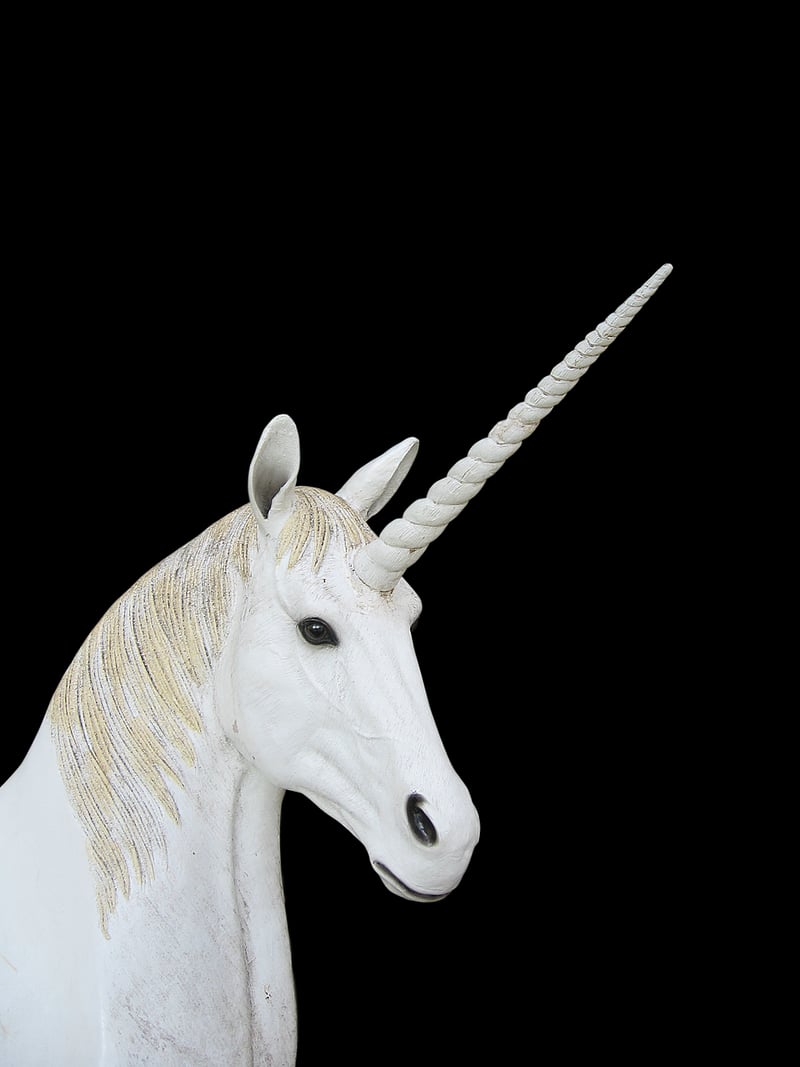Multiverse Theory
The Intriguing Intersection of Time Travel Laws and Multiverse Theory
Time travel and multiverse theory have long captured the imagination of scientists, writers, and enthusiasts alike. The idea of traversing through time or exploring parallel universes opens up a realm of possibilities and challenges that have intrigued and perplexed many. Let's delve into the laws governing time travel and how they intersect with the fascinating concept of multiverse theory.
The Laws of Time Travel:
Time travel, a concept frequently explored in science fiction, raises questions about causality, paradoxes, and the nature of time itself. While the scientific community has not yet discovered a way to travel through time, several theoretical frameworks have been proposed:
- Novikov's Self-Consistency Principle: This principle posits that any actions taken by a time traveler were already part of the past, ensuring that no paradoxes occur.
- Hawking's Chronology Protection Conjecture: Proposed by physicist Stephen Hawking, this conjecture suggests that the laws of physics prevent time travel on a macroscopic scale to avoid paradoxes.
- Many-Worlds Interpretation: Based on quantum mechanics, this theory proposes that every possible outcome of a quantum event actually occurs in a separate universe, avoiding the grandfather paradox.
Exploring Multiverse Theory:
Multiverse theory suggests the existence of multiple universes, each with its own set of physical laws, constants, and realities. This theory offers a potential explanation for the fine-tuning of our universe and the existence of parallel realities where different choices lead to divergent outcomes.
Key concepts within multiverse theory include:
- Parallel Universes: Universes that exist alongside our own, each with potentially different laws of physics and histories.
- Bubble Universes: Universes that form within a larger multiverse and may have different properties due to variations in fundamental constants.
- Many-Worlds Interpretation: Connected to quantum mechanics, this interpretation posits the existence of a vast number of parallel universes branching out with every quantum event.
The Fascinating Connection:
While time travel and multiverse theory may seem like independent concepts, they share intriguing connections. The possibility of time travel could lead to the creation of divergent timelines and the emergence of new parallel universes, each branching off from different points in history.
Exploring the interplay between time travel laws and multiverse theory sparks debates on determinism, free will, and the true nature of reality. Whether through thought experiments or theoretical physics, these concepts continue to inspire curiosity and wonder about the universe we inhabit.


